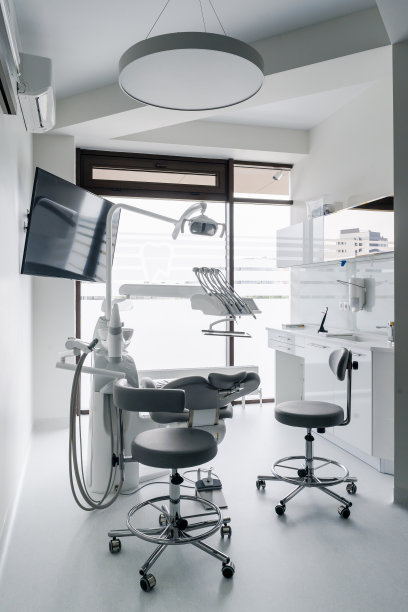Essential Guidelines and Precautions to Ensure Successful Dental Implantation Procedures and Recovery for Patients
Summary: Dental implants offer a reliable solution for individuals facing tooth loss. To ensure the success of dental implantation procedures and effective recovery, patients must adhere to essential guidelines and precautions. This article delves into four critical aspects: Pre-Operative Preparation, Understanding Post-Operative Care, the Importance of Follow-Up Visits, and Lifestyle Adjustments for Recovery. By following these guidelines, patients can enhance the likelihood of a successful outcome and enjoy a seamless recovery process, leading to restored oral health and improved quality of life.
1. Pre-Operative Preparation for Patients

Pre-operative preparation is crucial for the success of dental implantation procedures. Patients must first engage in a comprehensive consultation with their dentist to assess their overall health, dental history, and suitability for implants. This includes understanding any medical conditions that might affect the healing process and discussing medications that could pose risks during surgery.
Additionally, patients are encouraged to undergo imaging tests, like X-rays or 3D scans, which provide a clear picture of the jawbone structure. This is vital to determine the best approach for the placement of the implants. Knowing the bone density and existing dental issues helps in customizing the treatment plan.
Finally, one essential guideline is to follow any dietary restrictions prior to surgery. Being well-nourished can contribute to a successful procedure. Staying hydrated and avoiding blood-thinning medications in consultation with the healthcare provider ensures that the surgeries can occur smoothly, minimizing complications.
2. Understanding Post-Operative Care Procedures
The post-operative care steps play a pivotal role in the recovery process following dental implants. Patients should monitor their immediate recovery for signs of complications, such as excessive swelling or prolonged bleeding. As a guideline, using ice packs on the cheek can help reduce swelling within the first 24 hours.
Medications prescribed by the dentist must be taken as instructed. These typically include pain relievers and antibiotics to prevent infection and manage discomfort. Proper adherence to the medication regimen promotes healing and reduces the risk of post-surgical complications.
Furthermore, maintaining oral hygiene is vital after the procedure. Patients should gently clean their mouth and avoid vigorous rinsing for at least a few days. Following soft food diets and avoiding hard or sticky foods helps to prevent stress on the implants, ensuring proper healing and integration.
3. The Importance of Follow-Up Visits
Follow-up visits with the dentist are essential for monitoring the healing progress of dental implants. These appointments allow the dentist to assess the integration of the implant with the jawbone and to identify any potential complications early on. Regular visits ensure that any concerns can be addressed promptly.
During the follow-up appointments, the dentist examines the implant site for inflammation or signs of infection. Additionally, the dentist may provide guidance on specific aftercare routines tailored to the patients situation. This could involve adjustments to the cleaning regimen or dietary recommendations based on recovery progress.
Lastly, these visits serve as opportunities for patients to ask questions or express concerns they may have regarding their recovery. Open communication fosters a collaborative relationship between patients and their healthcare providers, which is critical for a successful dental implant journey.
4. Lifestyle Adjustments for Successful Recovery
Making lifestyle adjustments can significantly influence the success of dental implant recovery. Patients should aim to quit smoking before and after the procedure, as smoking impairs blood flow and healing, increasing the risk of implant failure. Establishing a smoke-free environment enhances the body’s ability to heal effectively.
Dietary changes also play a role; focusing on a balanced diet rich in vitamins and minerals can expedite recovery. Nutrients like calcium and vitamin D support bone health, while vitamins A and C promote tissue healing. Staying hydrated assists in overall bodily functions, aiding recovery.
Additionally, managing stress through relaxation techniques, like yoga or meditation, can promote a healthier recovery process. Lower stress levels contribute to improved immune function, which is beneficial during healing. Ensuring adequate rest and sleep is also vital, as the body requires time to recover fully after an invasive procedure.
Summary:
To conclude, successful dental implantation relies heavily on effective pre-operative preparation, attentive post-operative care, routine follow-up visits, and necessary lifestyle adjustments. By adhering to these essential guidelines and precautions, patients can significantly improve their chances for a successful procedure and a smooth recovery. Better preparation and adherence lead to heightened satisfaction and restoration of dental functions.
This article is compiled by Vickong Dental and the content is for reference only.



